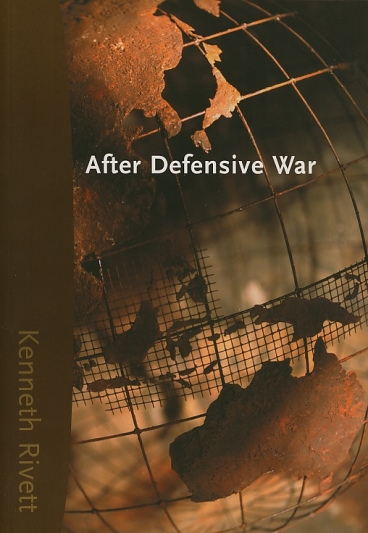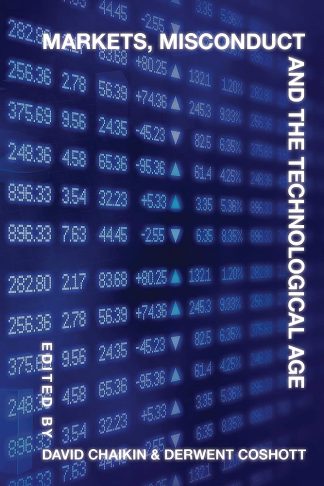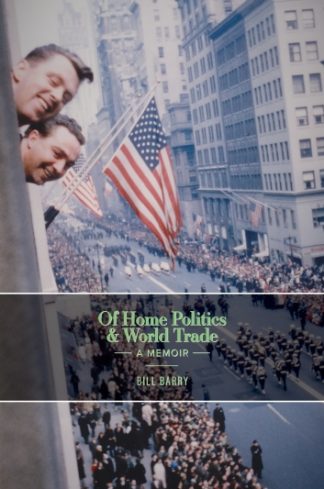Description
After Defensive War looks soberly at the prospects for effective defence if technology eventually ensures that a power willing to strike first will be sure of victory.
It examines the predicament of an economically developed nation which renounces violence while the international inequalities of per capita consumption are so huge. Aggressors could compel it to allow immigration that would force down the earnings of its labour, especially its less skilled labour. Its political independence as well as its living standards would be threatened. Yet violence has limitations as a means of achieving economic or any other objectives, and a developed nation that was generous enough with the fruits of its productivity might hope to protect much that it valued, including its freedom from military occupation.
After Defensive War includes a chapter looking in retrospect at the choices with which Axis aggression once confronted the democracies. It contains a sympathetic but critical analysis of Gandhi’s non-violence, and a chapter ‘Horror, Calculation and Courage’ with sections entitled ‘How not to handle risk’ and ‘Evasiveness about pain’.
Like its companion volume Purpose and Choice in a Donor Nation, After Defensive War offers novel solutions that build fruitfully on earlier ideas.
Kenneth Rivett is a former Associate Professor of Economics at the University of New South Wales who has written extensively on immigration and refugee issues.
He was a leading figure in the campaign against the ‘White Australia’ policy, and has been active in organisations that work for the admission and integration of refugee settlers.





Reviews
There are no reviews yet.